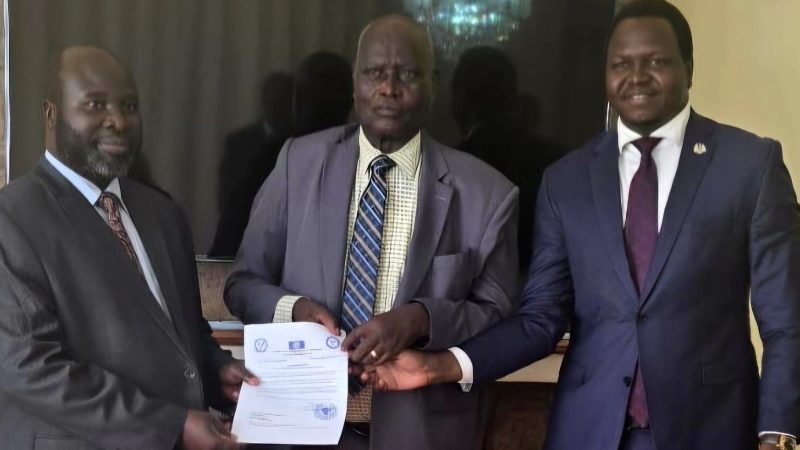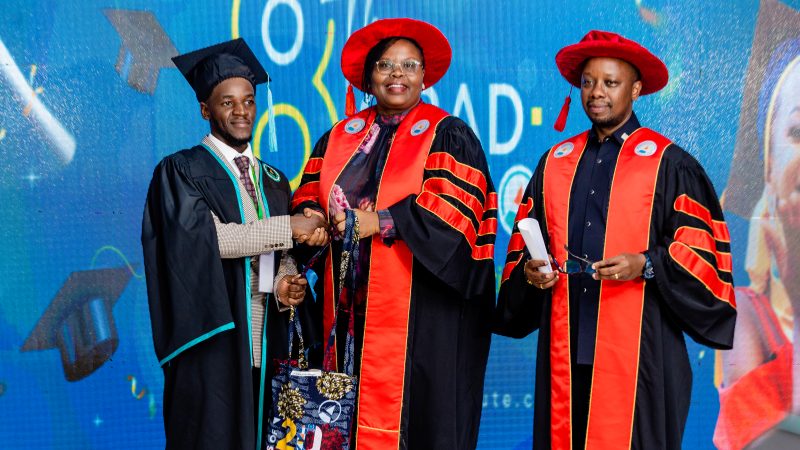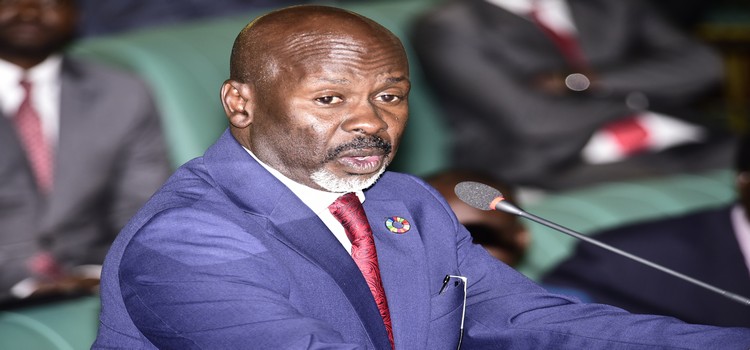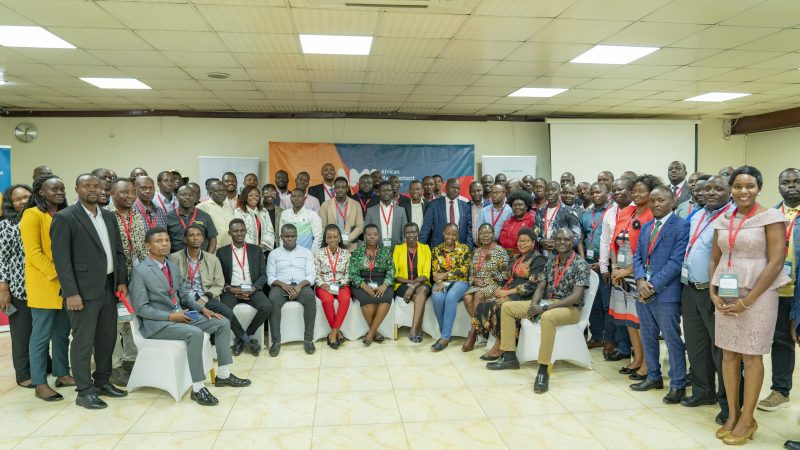Members of Parliament have created a seat for women representatives in every sub-county, town council and urban divisions.
Currently, a woman councillor represents two or three sub-counties or town councils, which Members said is mischief the new law should cure.
Clause 2 of the Local Governments (Amendment) Bill, 2019 proposed that “Every town council will have a directly elected woman councillor.”
MP David Abala (NRM, Ngora County) supported the proposal.
“We agreed as UWOPA [Uganda Women Parliamentarians Association] that each sub-county is supported by a woman councillor; why should we favour women against men?” said Abala.
The proposal was moved by MP Jalia Bintu (NRM, Masindi District), who said she has the support of UWOPA.
The Chief Opposition Whip, Hon Ibrahim Ssemujju Nganda who opposed the amendment, argued that it offends Article 93 of the Constitution which prohibits private members from proposing legislation that has the effect of imposing a charge on the Consolidated Fund except by reduction.
“Under article 93 of the Constitution, by creating electoral areas, we are infringing on article 93,” he said.
Speaker Rebecca Kadaga, however, differed.
“I don’t think we are creating new electoral areas; the sub-counties already exist,” she said.
Academic qualifications
Debate on the academic qualifications paralysed the House with a sustained two-hour debate forcing concessions on hardline positions that could have seen the imposition of Advanced Level qualifications on sub-county chairpersons.
A proposal by MP Okupa Elijah (FDC, Kasilo County) had prescribed Advanced Level qualifications for councillors and chairpersons of local government units, a proposal that divided the House.
He later conceded, isolating sub-counties and town council chairpersons from the proposal but roping in municipalities, cities and division mayors who are now required to have at least Uganda Certificate of Education (UCE). When similar proposals were fronted for district councillors, Justice and Constitutional Affairs Minister, Prof Ephraim Kamuntu disagreed.
“Representation should be on the basis of choice for those who vote; to require a town council that the chairperson and councillor be A’Level is very discriminatory,” he said.
“We should not put qualifications that will disenfranchise others,” he added.
The passing of the Local Government Act (Amendment Bill) 201’9 adds to the Presidential Elections Act (Amendment Bill) 2019 and the Parliamentary Elections Act (Amendment Bill) 2019 which have already been passed as part of the wider electoral reforms.
On Tuesday, Parliament passed the Parliamentary Elections Act (Amendment Bill) 2019, majorly retaining the Shs3 million nomination fees.
Next on the agenda is an amendment to the Political Parties and Organisations Act 2005 and the Electoral Commission Act.











